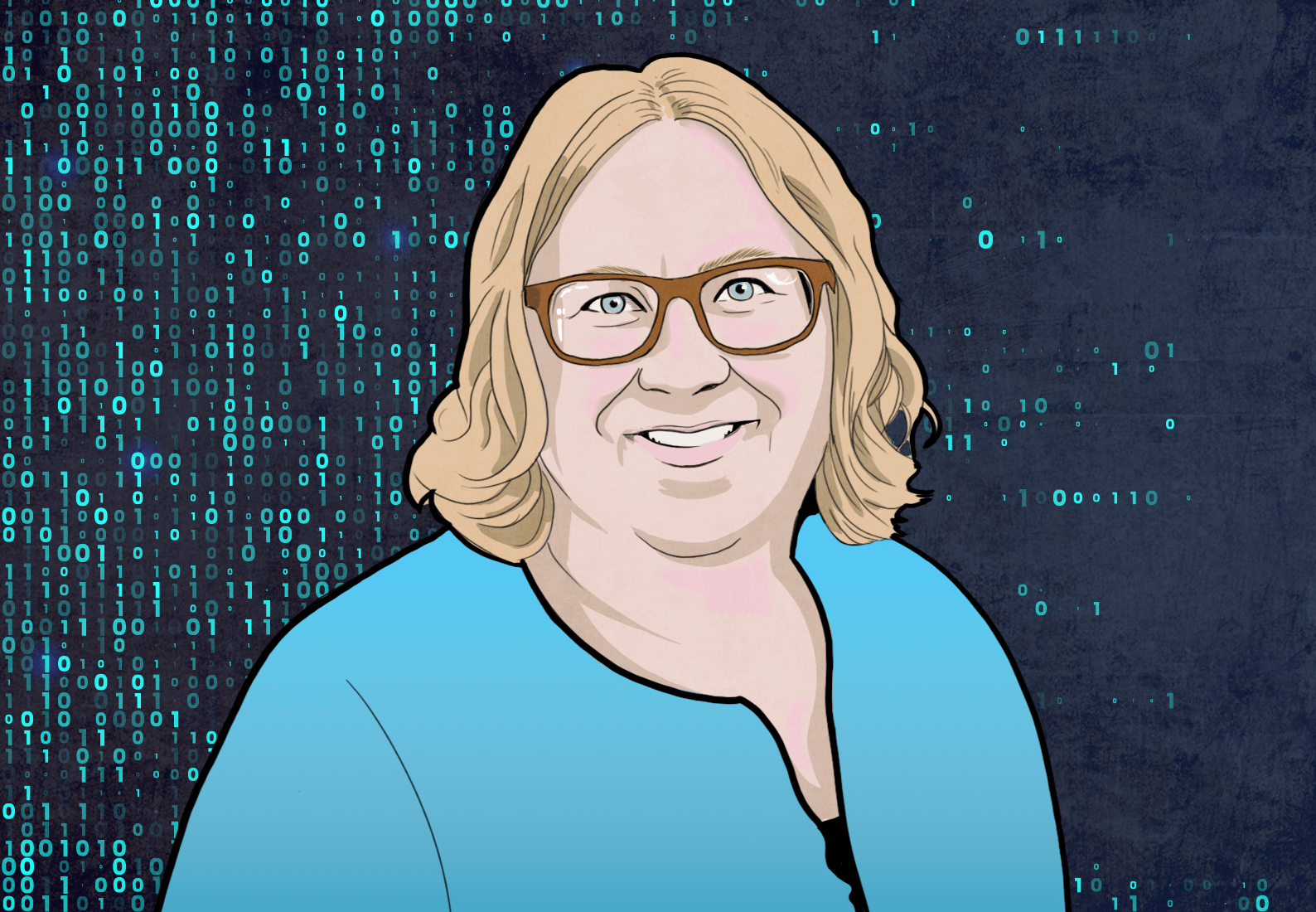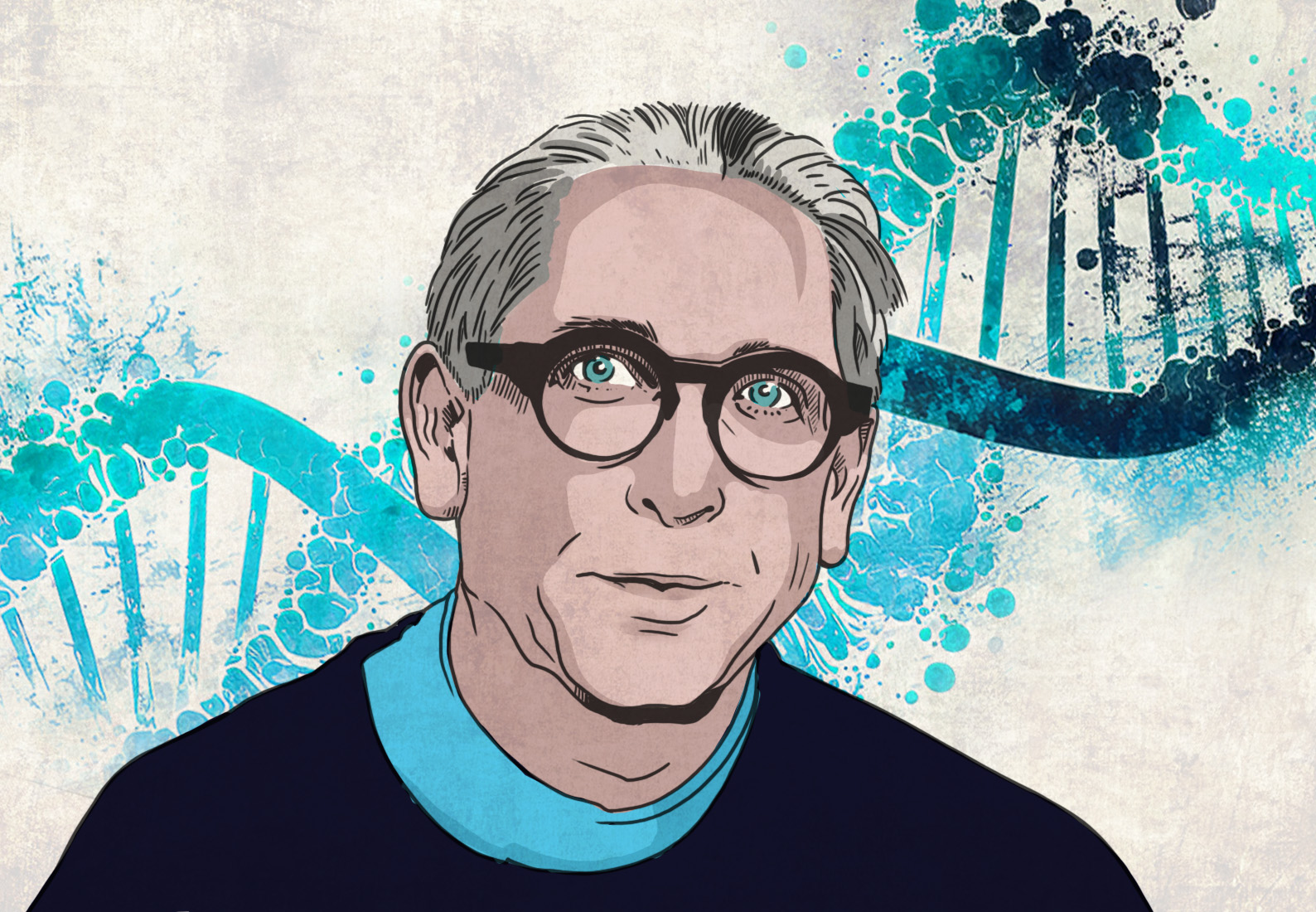We expect a lot from students these days. As technology advances at an unprecedented rate, students are inundated with new tools. They’re told they must master and leverage a variety of different software and computational skills to be competitive for high-paying jobs, while at the same time exercising good judgment and restraint in their use of certain tools, such as social media and ChatGPT.
Navigating the rapidly evolving technological landscape can be challenging for students and educators alike. As a professor of chemistry and member of the board of directors at the Molecular Sciences Software Institute (the MolSSI), I see firsthand how important keeping pace with advancing technology is for students, and how it translates to success in their coursework, research, and the workforce. Indeed, equipping students from all backgrounds with cyberinfrastructure skills, like computation, data analysis, and data visualization, is one of the most pressing educational equity issues of the 21st century.
The students who get hands-on experience with computation and programming in their high school curriculum or through extracurricular activities are often students who are already in a privileged position to seek out these opportunities. We know that these programming and computational skills improve students’ lives, making them better researchers, more literate data citizens, and more marketable for jobs. At the MolSSI, our mission is to be a worldwide nexus of collaboration, cooperation, and training for the entire computational molecular sciences community, with a particular emphasis on improving programming and software development education for people at all levels of their career — from undergraduate students all the way through faculty and professionals. We work hard to offer workshops, open-source software, and other programming and resources that are accessible to students from a variety of backgrounds.
Computational skills are no longer just “nice to have” or relevant to only a small subset of industries. Over the past 15 years of being a faculty member, the biggest change I’ve seen is that computation is now a vital part of virtually every STEM discipline. That means more and more students need this training, and fast. In a 2023 poll of global tech leaders conducted by MIT Technology Review Insights, 64 percent said the candidates applying for their open tech and IT jobs lacked the necessary skills or experience to perform the work.
The MolSSI is working to address this skills gap by offering a variety of programming and workshops for students of all skill levels, including those with no prior coding experience. One of our most popular courses is our Python Data and Scripting workshop, developed for students who are new to programming. In about six hours, students go from zero to having a good grasp of core computational skills, such as programming logic, assigning variables, and basic graphing and visualization using the Python library, which has been completed by thousands of undergraduate students. We also provide fellowships and more advanced resources aimed at people who are already programmers, such as our best practices in software development courses for those who want to go from just writing code to working on large-scale, collaborative software projects.
These workshops have been life changing for some students, helping them land research roles, get into graduate school programs, and jumpstart their careers. While it’s incredibly fulfilling to witness the impact of our work at the MolSSI, we know that solving the equity issue in education will require computational training to be widely integrated into course curricula. Incorporating computation into core classes that students must take for their degrees would ensure equitable access across all students, rather than these valuable skills simply being seen as a bonus for students who have the time and resources to seek them out.
The Teaching with Schrödinger program offers educators at all levels an affordable, accessible way to bring computational molecular modeling into their classrooms. Schrodinger has long been a valuable community touchpoint for computational chemistry students and professionals, offering a wide range of educational resources to help bridge the knowledge gap in our industry. I’m honored to be the keynote speaker for this year’s Educator’s Week, and encourage chemistry and biology educators of all levels and backgrounds to join us on May 28 for this virtual summit.
As educators, we are in a key position to improve equity and social mobility for all of our students. Computational skills in particular are highly marketable skills that promote social and economic mobility in the United States right now. Whether you think that’s good or bad, it’s definitely true. Getting involved with the community through events like Educator’s Week is critical for our community to stay current, share new ideas, and learn from one another. Let’s work together to give our students the tools they need to leverage technology to better themselves and our world.











